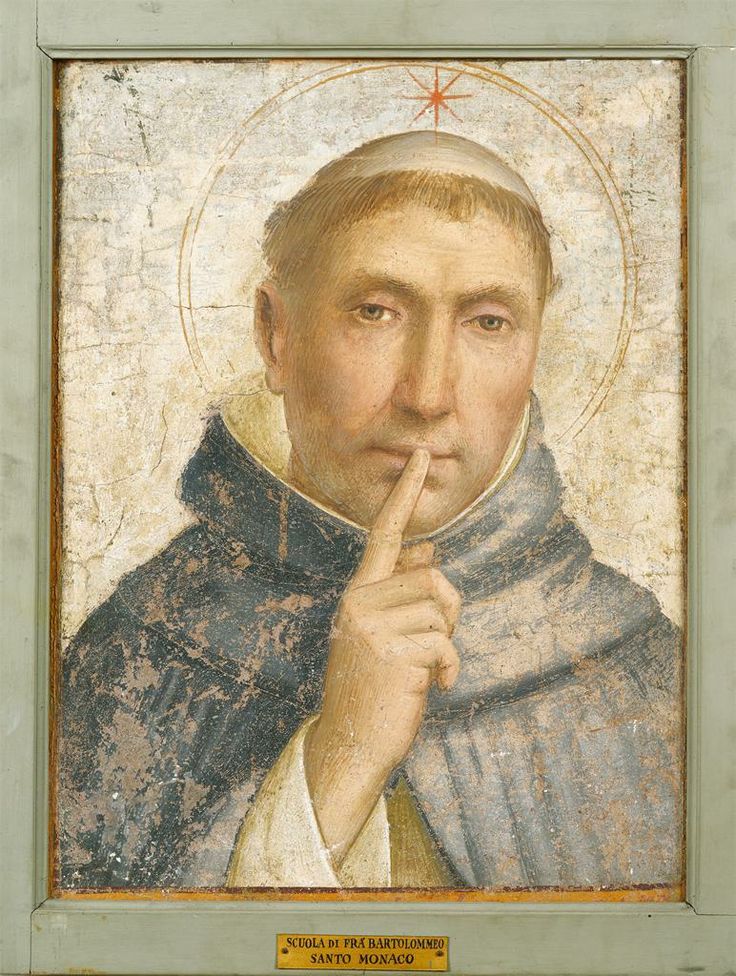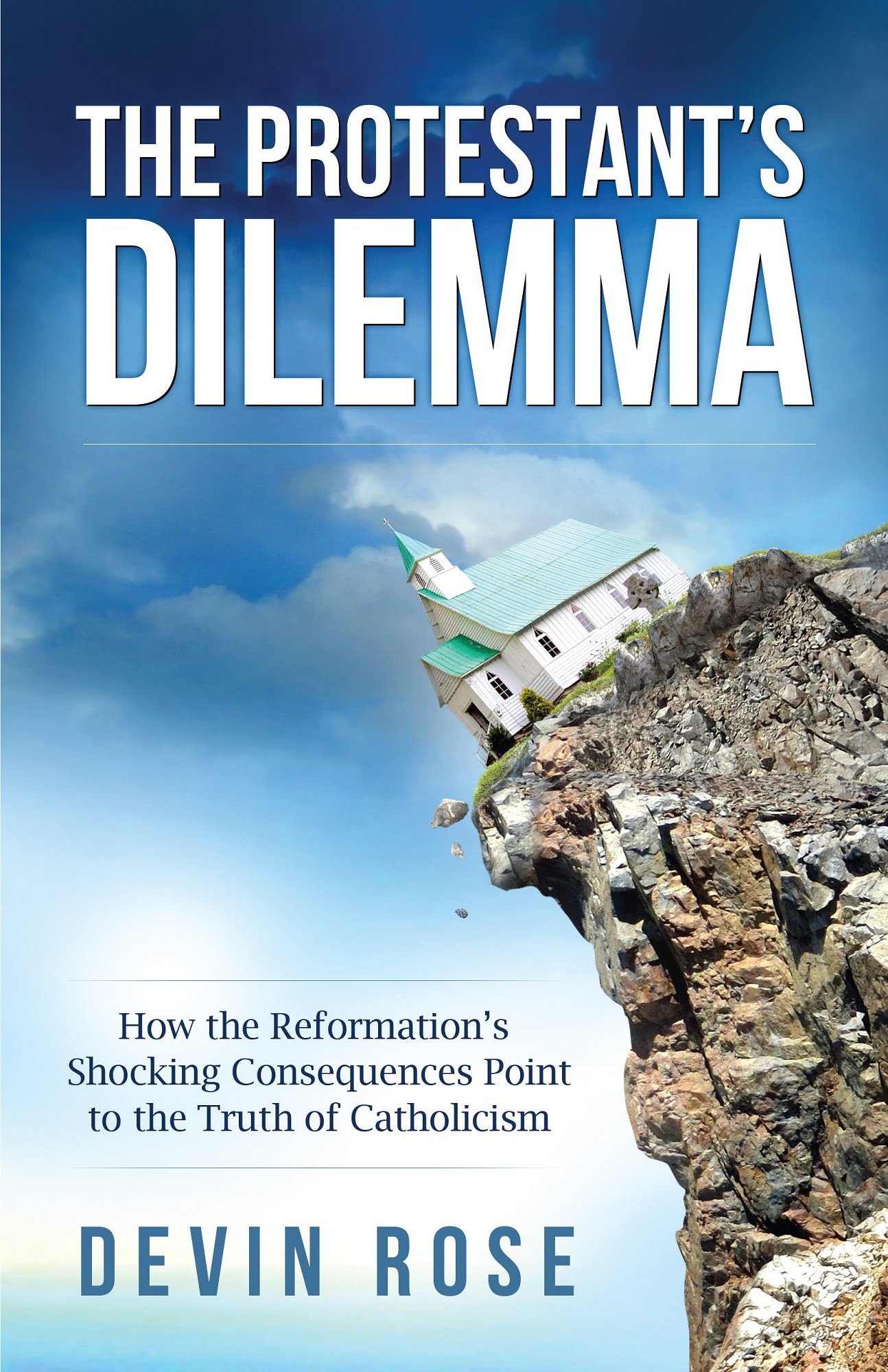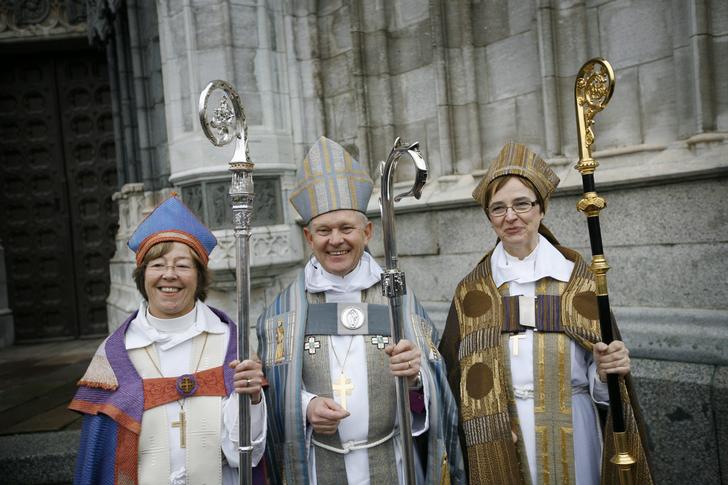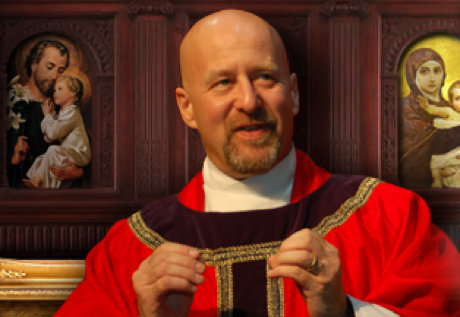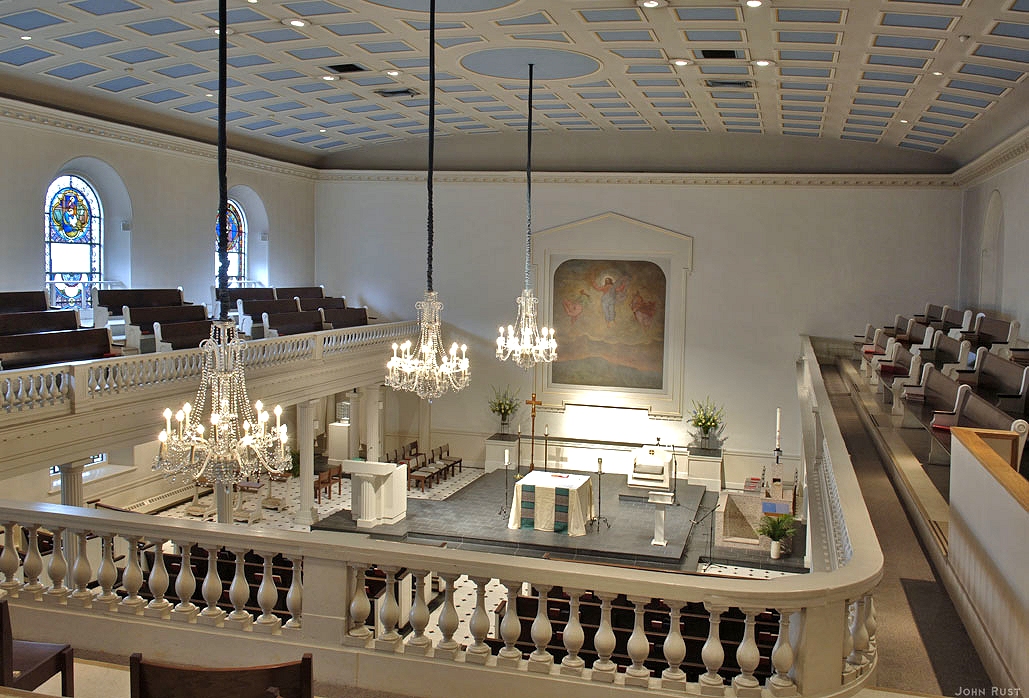
-The Dominican Order Overcoming Heresy, 1750 (oil on canvas), by Mattia Bortoloni, 1750, Musee des Beaux-Arts, Pau, France
“When Christian Smith and his fellow researchers with the National Study of Youth and Religion at the University of North Carolina at Chapel Hill took a close look at the religious beliefs held by American teenagers, they found that the faith held and described by most adolescents came down to something the researchers identified as “Moralistic Therapeutic Deism.”
As described by Smith and his team, Moralistic Therapeutic Deism consists of beliefs like these:
1. “A god exists who created and ordered the world and watches over human life on earth.”
2. “God wants people to be good, nice, and fair to each other, as taught in the Bible and by most world religions.”
3. “The central goal of life is to be happy and to feel good about oneself.”
4. “God does not need to be particularly involved in one’s life except when God is needed to resolve a problem.”
5. “Good people go to heaven when they die.”
(Sound familiar? Sounds nice, its just…its not Christianity! Certainly NOT Catholicism!))
That, in sum, is the creed to which much adolescent faith can be reduced. After conducting more than 3,000 interviews with American adolescents, the researchers reported that, when it came to the most crucial questions of faith and beliefs, many adolescents responded with a shrug and “whatever.”
As a matter of fact, the researchers, whose report is summarized in Soul Searching: The Religious and Spiritual Eyes of American Teenagers by Christian Smith with Melinda Lundquist Denton, found that American teenagers are incredibly inarticulate about their religious beliefs, and most are virtually unable to offer any serious theological understanding. As Smith reports, “To the extent that the teens we interviewed did manage to articulate what they understood and believed religiously, it became clear that most religious teenagers either do not really comprehend what their own religious traditions say they are supposed to believe, or they do understand it and simply do not care to believe it. Either way, it is apparent that most religiously affiliated U.S. teens are not particularly interested in espousing and upholding the beliefs of their faith traditions, or that their communities of faith are failing in attempts to educate their youth, or both.”
As the researchers explained, “For most teens, nobody has to do anything in life, including anything to do with religion. ‘Whatever’ is just fine, if that’s what a person wants.”
The casual “whatever” that marks so much of the American moral and theological landscapes–adolescent and otherwise–is a substitute for serious and responsible thinking. More importantly, it is a verbal cover for an embrace of relativism. Accordingly, “most religious teenager’s opinions and views–one can hardly call them worldviews–are vague, limited, and often quite at variance with the actual teachings of their own religion.”
The kind of responses found among many teenagers indicates a vast emptiness at the heart of their understanding. When a teenager says, “I believe there is a God and stuff,” this hardly represents a profound theological commitment.
Amazingly, teenagers are not inarticulate in general. As the researchers found, “Many teenagers know abundant details about the lives of favorite musicians and television stars or about what it takes to get into a good college, but most are not very clear on who Moses and Jesus were.” The obvious conclusion: “This suggests that a strong, visible, salient, or intentional faith is not operating in the foreground of most teenager’s lives.”
One other aspect of this study deserves attention at this point. The researchers, who conducted thousands of hours of interviews with a carefully identified spectrum of teenagers, discovered that for many of these teens, the interview itself was the first time they had ever discussed a theological question with an adult. What does this say about our churches? What does this say about this generation of parents?
In the end, this study indicates that American teenagers are heavily influenced by the ideology of individualism that has so profoundly shaped the larger culture. This bleeds over into a reflexive non-judgmentalism and a reluctance to suggest that anyone might actually be wrong in matters of faith and belief. Yet, these teenagers are unable to live with a full-blown relativism.
The researchers note that many responses fall along very moralistic lines–but they reserve their most non-judgmental attitudes for matters of theological conviction and belief. Some go so far as to suggest that there are no “right” answers in matters of doctrine and theological conviction.
The “Moralistic Therapeutic Deism” that these researchers identify as the most fundamental faith posture and belief system of American teenagers appears, in a larger sense, to reflect the culture as a whole. Clearly, this generalized conception of a belief system is what appears to characterize the beliefs of vast millions of Americans, both young and old.
This is an important missiological observation–a point of analysis that goes far beyond sociology. As Christian Smith and Melinda Lundquist Denton explained, Moralistic Therapeutic Deism “is about inculcating a moralistic approach to life. It teaches that central to living a good and happy life is being a good, moral person. That means being nice, kind, pleasant, respectful, responsible, at work on self-improvement, taking care of one’s health, and doing one’s best to be successful.” In a very real sense, that appears to be true of the faith commitment, insofar as this can be described as a faith commitment, held by a large percentage of Americans. These individuals, whatever their age, believe that religion should be centered in being “nice”–a posture that many believe is directly violated by assertions of strong theological conviction.
Moralistic Therapeutic Deism is also “about providing therapeutic benefits to its adherents.” As the researchers explained, “This is not a religion of repentance from sin, of keeping the Sabbath, of living as a servant of sovereign divinity, of steadfastly saying one’s prayers, of faithfully observing high holy days, of building character through suffering, of basking in God’s love and grace, of spending oneself in gratitude and love for the cause of social justice, et cetera. Rather, what appears to be the actual dominant religion among U.S. teenagers is centrally about feeling good, happy, secure, at peace. It is about attaining subjective well-being, being able to resolve problems, and getting along amiably with other people.”
In addition, Moralistic Therapeutic Deism presents a unique understanding of God. As Smith explains, this amorphous faith “is about belief in a particular kind of God: one who exists, created the world, and defines our general moral order, but not one who is particularly personally involved in one’s affairs–especially affairs in which one would prefer not to have God involved. Most of the time, the God of this faith keeps a safe distance.”
Smith and his colleagues recognize that the deity behind Moralistic Therapeutic Deism is very much like the deistic God of the 18th-century philosophers. This is not the God who thunders from the mountain, nor a God who will serve as judge. This undemanding deity is more interested in solving our problems and in making people happy. “In short, God is something like a combination Divine Butler and Cosmic Therapist: he is always on call, takes care of any problems that arise, professionally helps his people to feel better about themselves, and does not become too personally involved in the process.”
Obviously, Moralistic Therapeutic Deism is not an organized faith. This belief system has no denominational headquarters and no mailing address. Nevertheless, it has millions and millions of devotees across the United States and other advanced cultures, where subtle cultural shifts have produced a context in which belief in such an undemanding deity makes sense. Furthermore, this deity does not challenge the most basic self-centered assumptions of our postmodern age. Particularly when it comes to so-called “lifestyle” issues, this God is exceedingly tolerant and this religion is radically undemanding.
As sociologists, Smith and his team suggest that this Moralistic Therapeutic Deism may now constitute something like a dominant civil religion that constitutes the belief system for the culture at large. Thus, this basic conception may be analogous to what other researchers have identified as “lived religion” as experienced by the mainstream culture.
Moving to even deeper issues, these researches claim that Moralistic Therapeutic Deism is “colonizing” Christianity itself, as this new civil religion seduces converts who never have to leave their congregations and Christian identification as they embrace this new faith and all of its undemanding dimensions.
Consider this remarkable assessment: “Other more accomplished scholars in these areas will have to examine and evaluate these possibilities in greater depth. But we can say here that we have come with some confidence to believe that a significant part of Christianity in the United States is actually [only] tenuously Christian in any sense that is seriously connected to the actual historical Christian tradition, but is rather substantially morphed into Christianity’s misbegotten step-cousin, Christian Moralistic Therapeutic Deism.”
They argue that this distortion of Christianity has taken root not only in the minds of individuals, but also “within the structures of at least some Christian organizations and institutions.”
How can you tell? “The language, and therefore experience, of Trinity, holiness, sin, grace, justification, sanctification, church, . . . and heaven and hell appear, among most Christian teenagers in the United States at the very least, to be supplanted by the language of happiness, niceness, and an earned heavenly reward.”
Does this mean that America is becoming more secularized? Not necessarily. These researchers assert that Christianity is either degenerating into a pathetic version of itself or, more significantly, Christianity is actively being colonized and displaced by a quite different religious faith.
This radical transformation of Christian theology and Christian belief replaces the sovereignty of God with the sovereignty of the self. In this therapeutic age, human problems are reduced to pathologies in need of a treatment plan. Sin is simply excluded from the picture, and doctrines as central as the wrath and justice of God are discarded as out of step with the times and unhelpful to the project of self-actualization.
All this means is that teenagers have been listening carefully. They have been observing their parents in the larger culture with diligence and insight. They understand just how little their parents really believe and just how much many of their churches and Christian institutions have accommodated themselves to the dominant culture. They sense the degree to which theological conviction has been sacrificed on the altar of individualism and a relativistic understanding of truth. They have learned from their elders that self-improvement is the one great moral imperative to which all are accountable, and they have observed the fact that the highest aspiration of those who shape this culture is to find happiness, security, and meaning in life.
This research project demands the attention of every thinking Christian. Those who are prone to dismiss sociological analysis as irrelevant will miss the point. We must now look at the United States of America as missiologists once viewed nations that had never heard the gospel. Indeed, our missiological challenge may be even greater than the confrontation with paganism, for we face a succession of generations who have transformed Christianity into something that bears no resemblance to the faith revealed in the Bible. The faith “once delivered to the saints” is no longer even known, not only by American teenagers, but by most of their parents. Millions of Americans believe they are Christians, simply because they have some historic tie to a Christian denomination or identity.
We now face the challenge of evangelizing a nation that largely considers itself Christian, overwhelmingly believes in some deity, considers itself fervently religious, but has virtually no connection to historic Christianity. Christian Smith and his colleagues have performed an enormous service for the church of the Lord Jesus Christ in identifying Moralistic Therapeutic Deism as the dominant religion of this American age. Our responsibility is to prepare the church to respond to this new religion, understanding that it represents the greatest competitor to biblical Christianity. More urgently, this study should warn us all that our failure to teach this generation of teenagers the realities and convictions of biblical Christianity will mean that their children will know even less and will be even more readily seduced by this new form of paganism. This study offers irrefutable evidence of the challenge we now face. As the motto reminds us, “Knowledge is power.”
Love, rejecting MTD,
Matthew


